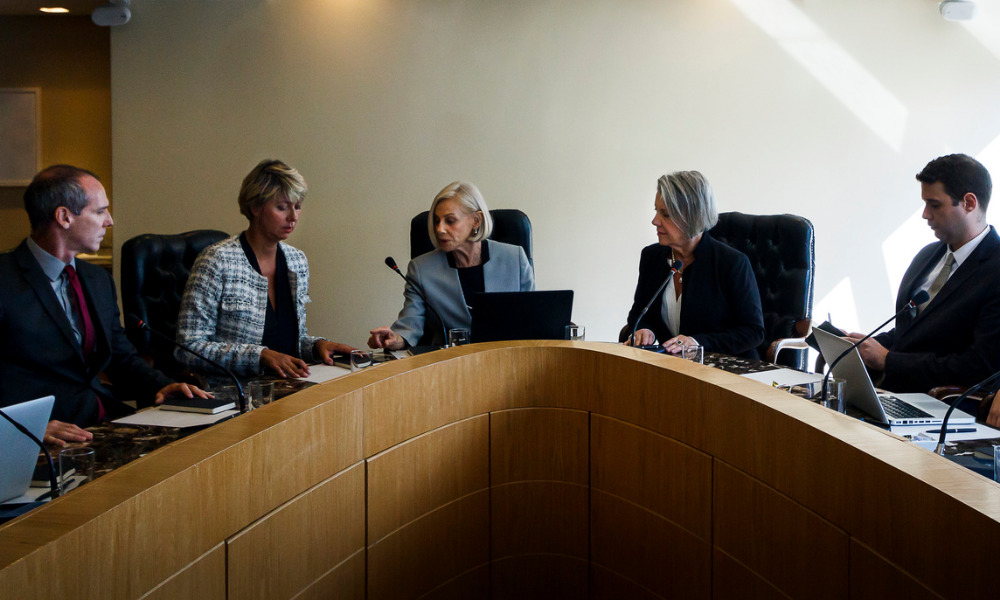Australian households and workers 'deserve no less', chair says

The Reserve Bank of Australia should learn from the forecast mistakes it made during the pandemic to avoid making them again in the future, a parliamentary committee recently urged, saying that Australians ‘deserve no less’.
The House of Representatives Standing Committee on Economics undertook an inquiry into the Reserve Bank of Australia’s annual report for 2021, including matters taken up during its hearing with the central bank earlier this year, and called out the RBA on the controversial forecast it issued during the pandemic which indicated that interest rates could stay at 0.1% and not rise until 2024.
The House of Representatives Standing Committee on Economics has released a report titled Review of the Reserve Bank of Australia Annual Report 2021. The report scrutinises matters arising from the Committee’s hearing with the RBA in Sept 2022.
— Australian House of Representatives (@AboutTheHouse) December 21, 2022
ℹ️ More: https://t.co/2PObh9uSeH pic.twitter.com/IXm24ZTQwD
Despite the guidance, the central bank proceeded to go on an interest-rate-hike spree, racking up the interest rate in 50-basis-point then 25-basis-point blocks since May this year in an attempt to pull down record inflation.
Read more: RBA chief apologises for flawed rate guidance
In its inquiry, the parliamentary committee recognised that the RBA could not have predicted key inflationary factors such as the Russia-Ukraine conflict. Still, the Standing Committee on Economics said it expected the RBA to “closely examine lessons learnt from its approach to forecasting, its use of modelling, and its approach to communication.” The parliamentary committee also called on the RBA to better understand the factors which drive inflation and the groups hit hardest by interest rate decisions.
It emphasized to the RBA that Australian families and workers, who were already struggling with worsening cost-of-living pressures and tough business conditions, “[deserved] no less” than that.
Apart from the Standing Committee on Economics, three other independent experts from Australia and overseas have conducted a comprehensive review of RBA.
Standing Committee on Economics chair Daniel Mulino said that the RBA played a central part in keeping the economy healthy – especially amid the pandemic – and that its communication strategy needed to include a weighing of the community’s and business sector’s inflation expectations.
“The Reserve Bank is not solely responsible for bringing down inflation and dampening demand in the economy,” Mulino wrote. “[It] is vital that the Reserve Bank carefully factors these expectations into both its consideration of rates and its signalling of monetary policy settings to the public.”
The RBA has reviewed its forecast mistakes during the pandemic as well. It concluded that it had attached dates to future interest-rate predictions that may have been too prescriptive, the Australian Associated Press reported.



